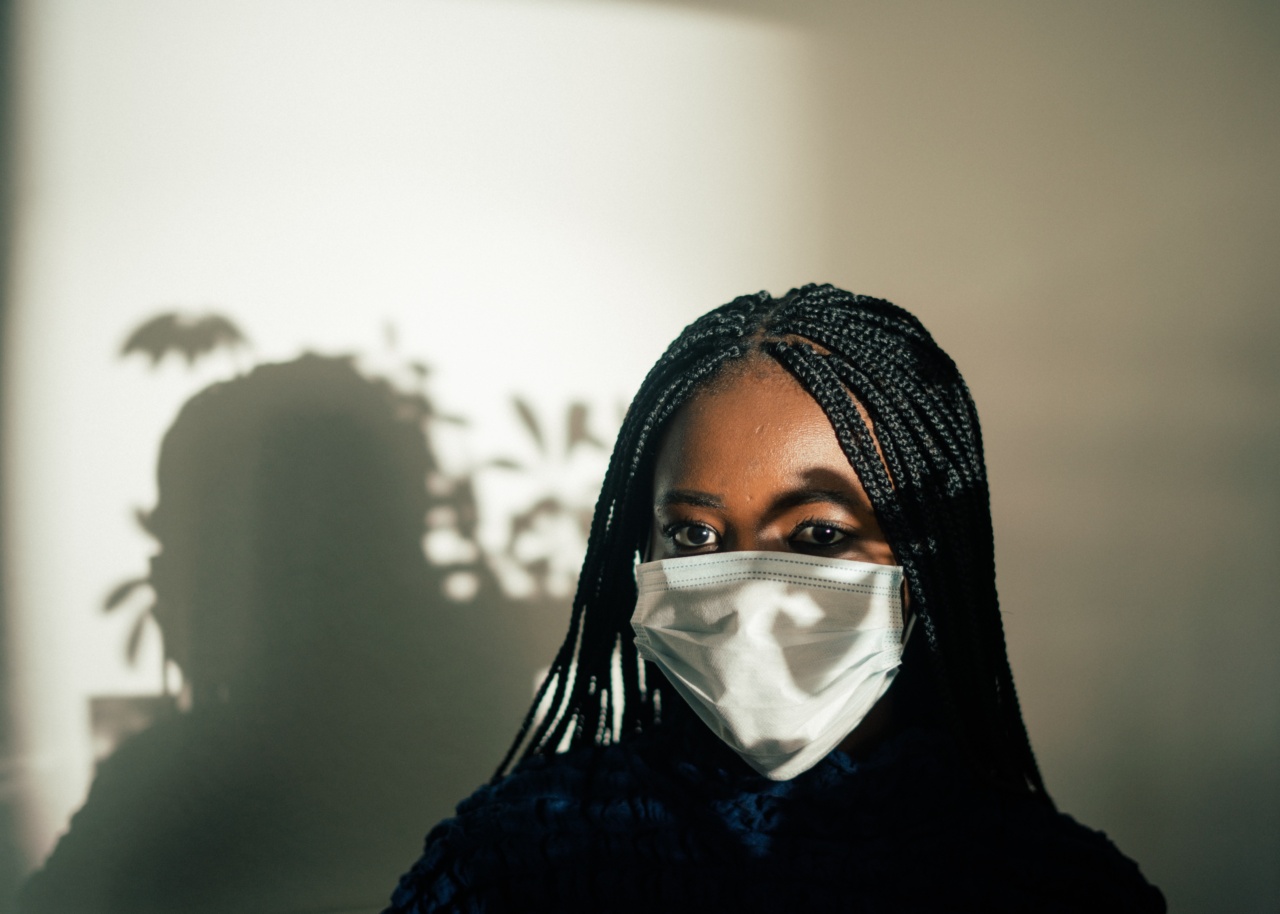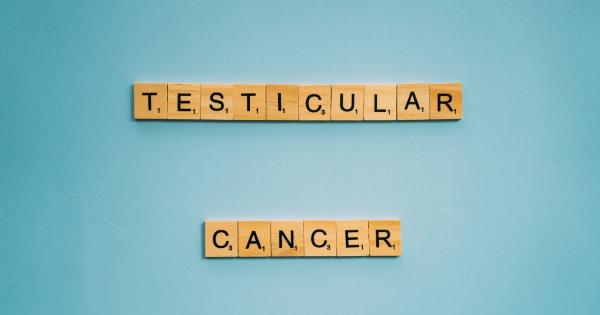A varicocele is a condition in which the veins within the scrotum become swollen and enlarged. This condition affects around 15% of men and is more prevalent in those aged between 15 and 25.
Varicoceles are typically harmless and don’t require treatment. However, they can be associated with several serious diseases, which we will discuss in more detail in this article.
Male infertility
One of the most significant concerns associated with varicoceles is male infertility. Research suggests that between 30-40% of men with varicoceles will experience infertility.
This is because the condition can interfere with the quality and quantity of sperm within the testicles. Varicoceles increase the scrotal temperature, creating a warmer environment that is unfavourable to sperm production. The higher temperatures affect the vital processes that contribute to the production of healthy sperm needed for impregnation.
Testicular atrophy
Testicular atrophy is a condition in which the testicles become smaller. This is a serious problem for fertility, as sperms are produced in the testicles.
Varicoceles increases the pressure on the testicles and interferes with the blood supply, which can affect the size of the testicles. In severe cases, the testicles may shrink due to a reduction in testosterone production, which can cause infertility and other health problems.
Lower testosterone levels
When testicular function is affected, testosterone levels in the body can also decrease. Testosterone is a hormone that is essential for male sexual development and function.
It plays a crucial role in producing sperm, building muscle mass and strength, and maintaining bone density. Low levels of testosterone can cause several health issues, including erectile dysfunction, decreased sex drive, and reduced fertility, to name just a few.
Pain and discomfort
Varicoceles can cause pain and discomfort. Many men report experiencing a dull ache or heaviness in the testicles, especially after long periods of standing or physical activity.
Pain may also occur due to the interference with blood flow caused by the swollen veins. This can cause pain and discomfort in the genitalia, pelvis, and lower abdomen.
Abnormal development of veins
Varicoceles could lead to abnormal development of veins within the scrotum. Over time, persistent swelling and enlargement of varicocele veins could cause them to grow bigger in size, leading to a visible unsightly bulge.
It is also common for varicoceles to appear asymmetrically and flail in texture, almost like a bag of worms, which could also lead to embarrassment and self-esteem issues for some men.
Risks of testicular cancer
A link between varicoceles and testicular cancer has been suggested by some studies.
Although the relationship between the two is not entirely clear, some findings have shown that men with varicoceles have a higher risk of developing testicular cancer than those without. It is important to recognize that not all varicoceles lead to testicular cancer in men. However, if you have a varicocele, talking to your doctor about routine self-examinations and cancer risks is recommended.
Treatment for varicoceles
Typically, varicoceles do not require treatment if they’re not causing any health problems or symptoms.
However, if varicoceles are affecting the quality of life, or if they’re causing symptoms like pain and discomfort, there are treatment options available. The treatments available include minimally invasive varicocele embolization and varicocele ligation surgery.
Varicocele embolization involves a radiologist making a small incision in the groin through which a small catheter is inserted into the varicocele and blocked by coils or a substance that cuts off blood flow, while varicocele ligation surgery is where a doctor makes a small cut in the groin or abdomen and ties off or removes the veins affected by varicocele.
Prevention of varicoceles
Preventative measures for varicoceles are limited. However, maintaining a healthy weight and exercising regularly help promotes general blood flow, which could help prevent varicoceles from developing.
Avoiding prolonged periods of standing or sitting may also reduce the likelihood of developing varicoceles, as standing or sitting for long periods can cause blood to pool around the scrotum. Also, regularly wearing loose-fitting underwear could help prevent varicoceles by preventing overheating of the testicles.
Conclusion
Varicoceles are experienced by thousands of men worldwide. While typically not a cause for concern, they are associated with several serious health problems that could affect general wellbeing.
If varicoceles are generating health concerns, consulting a health specialist is recommended.




























